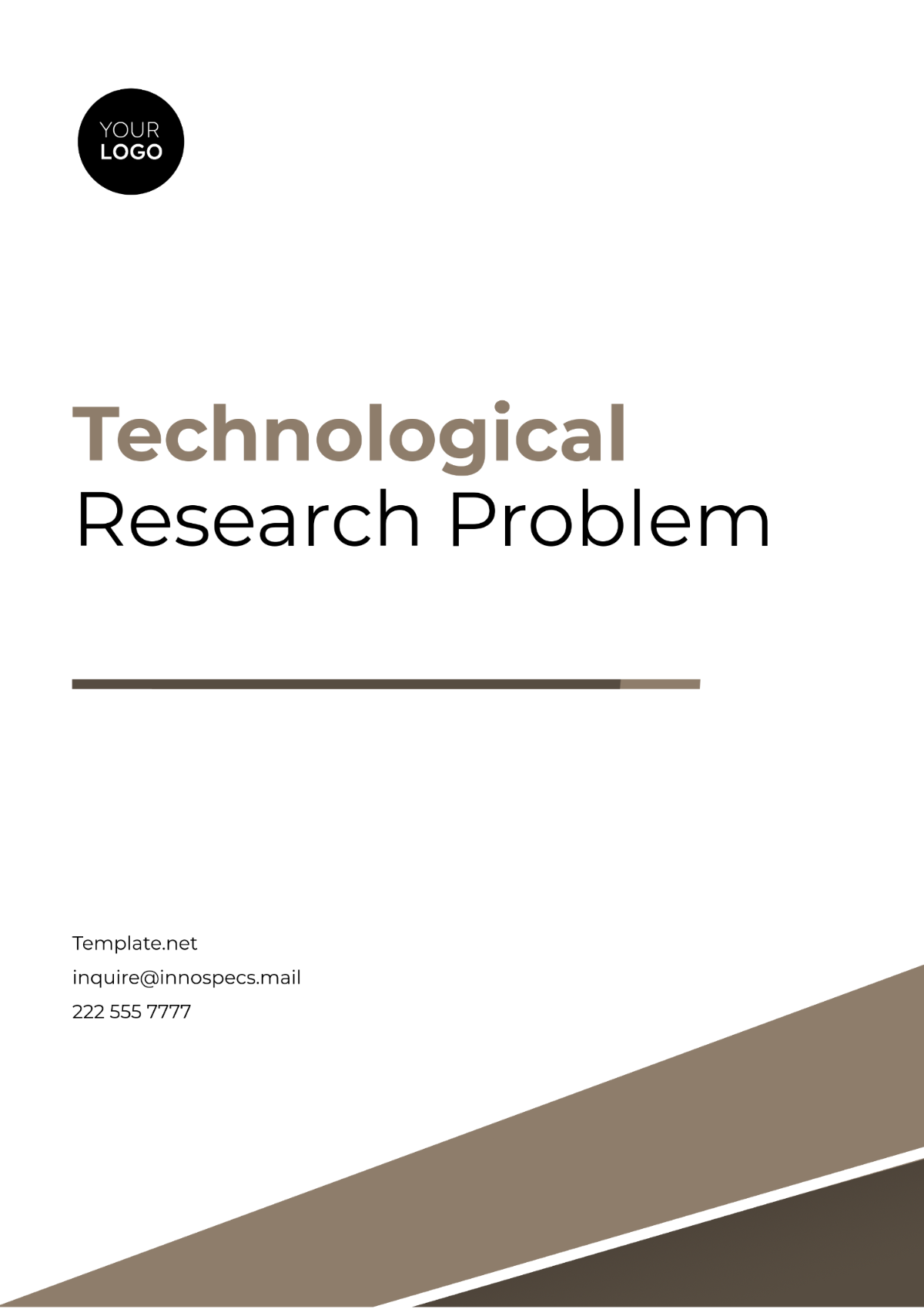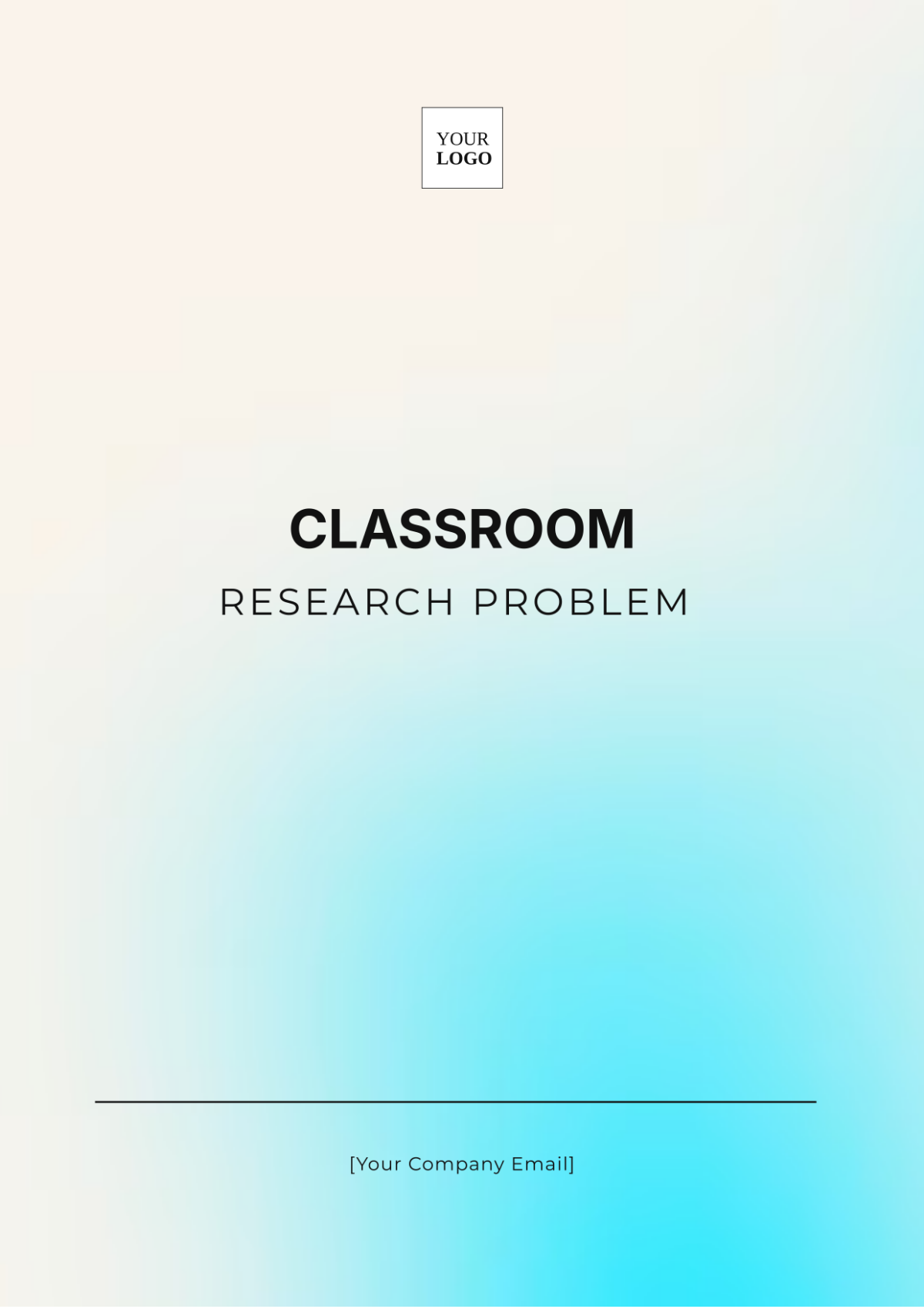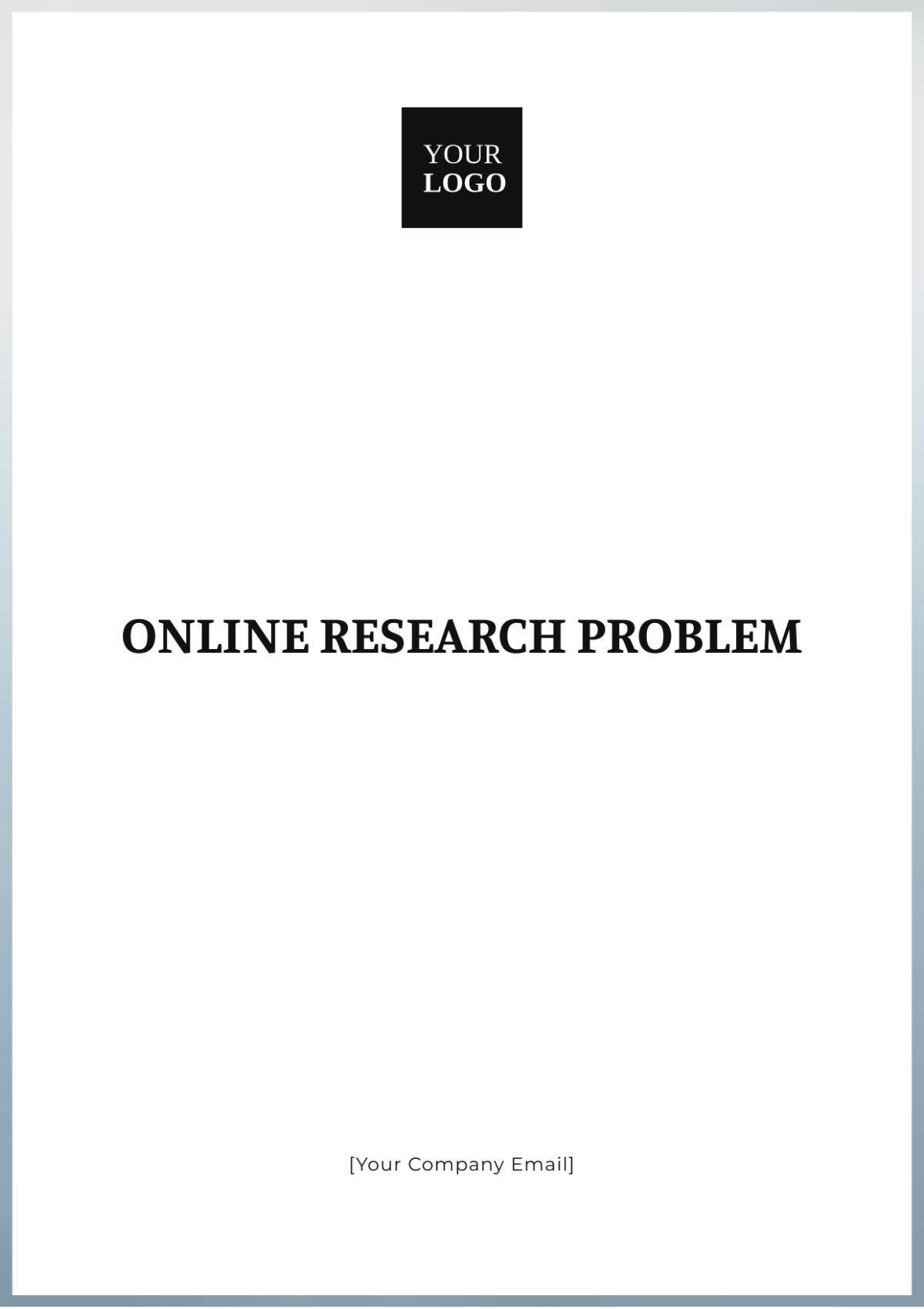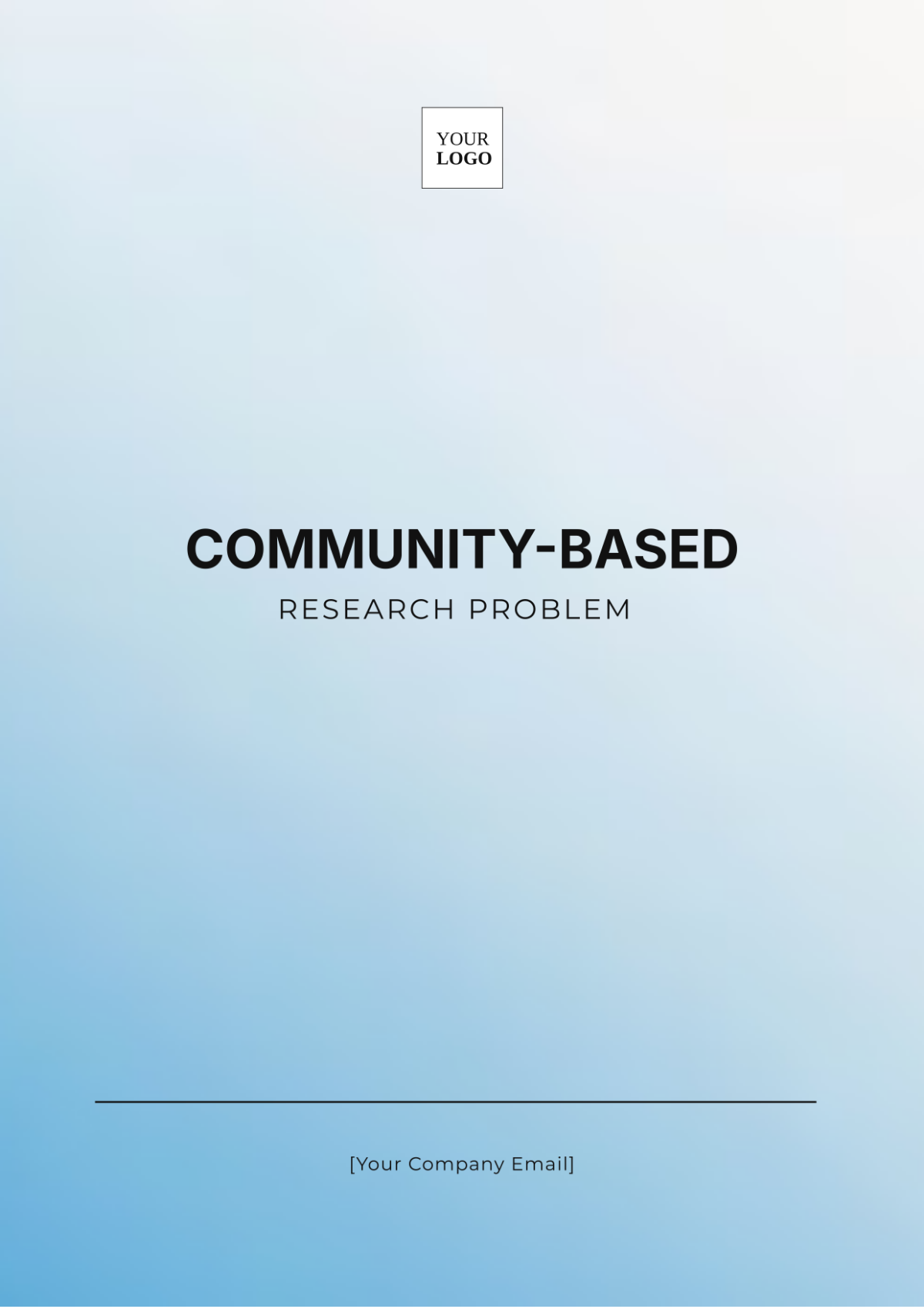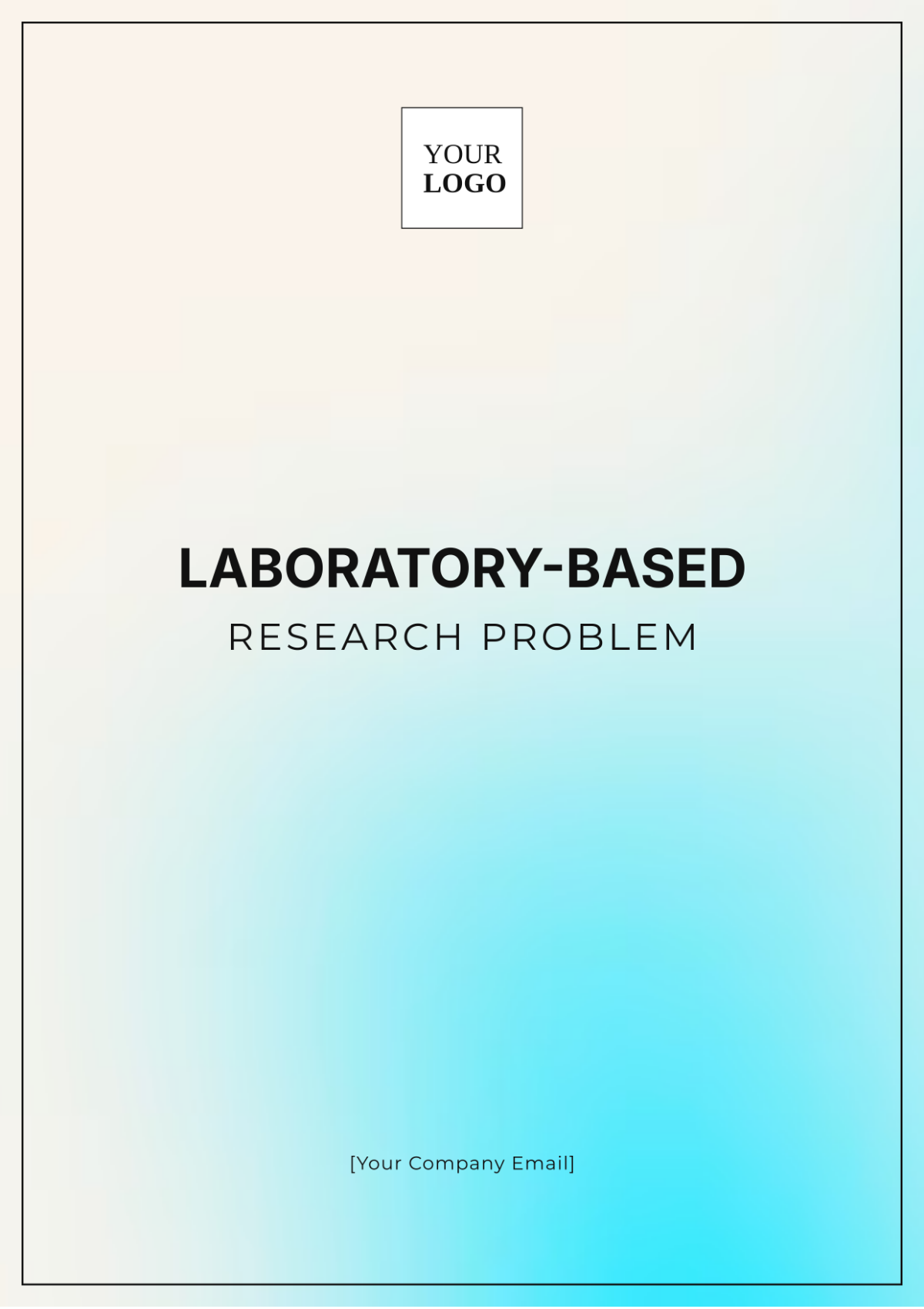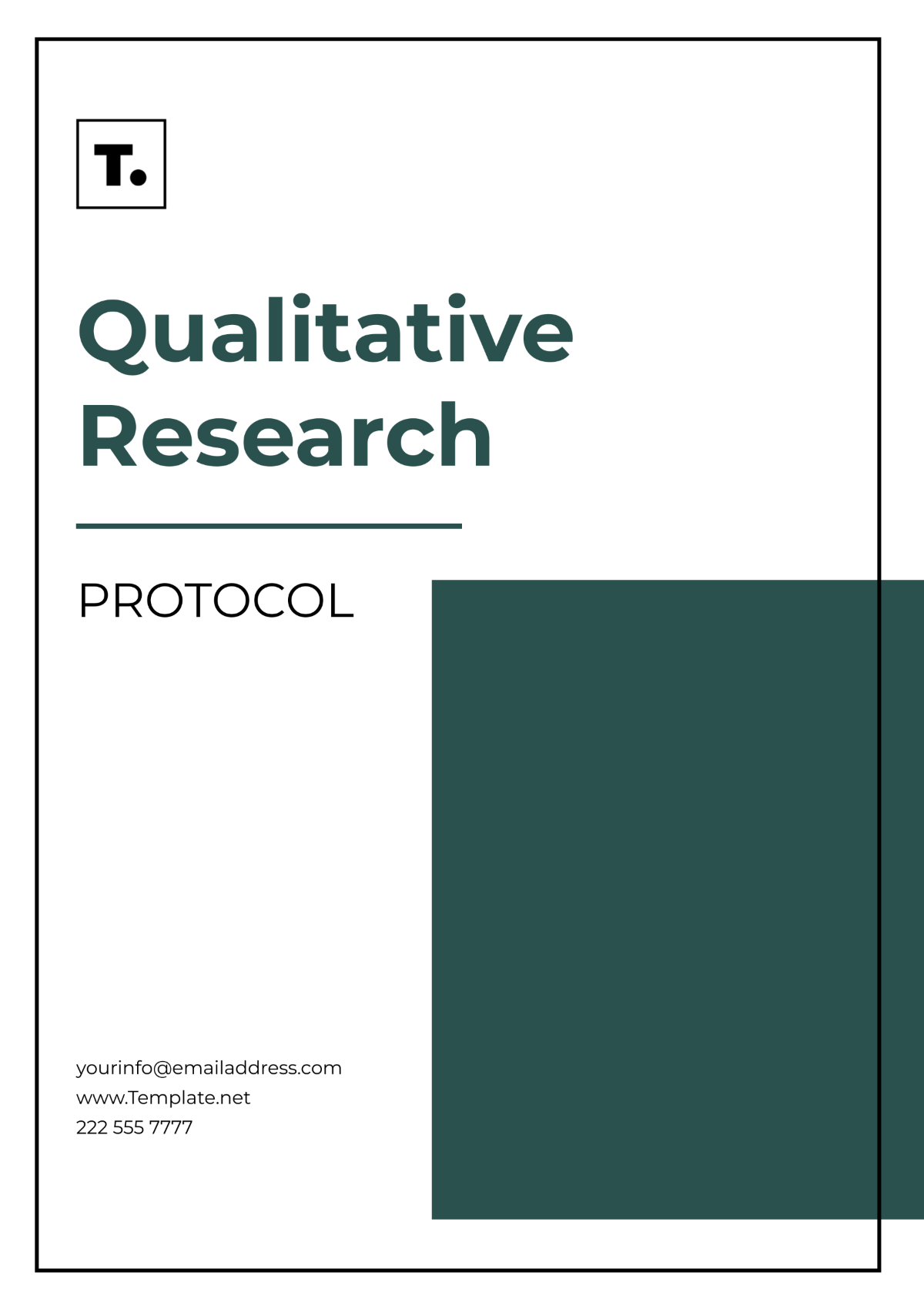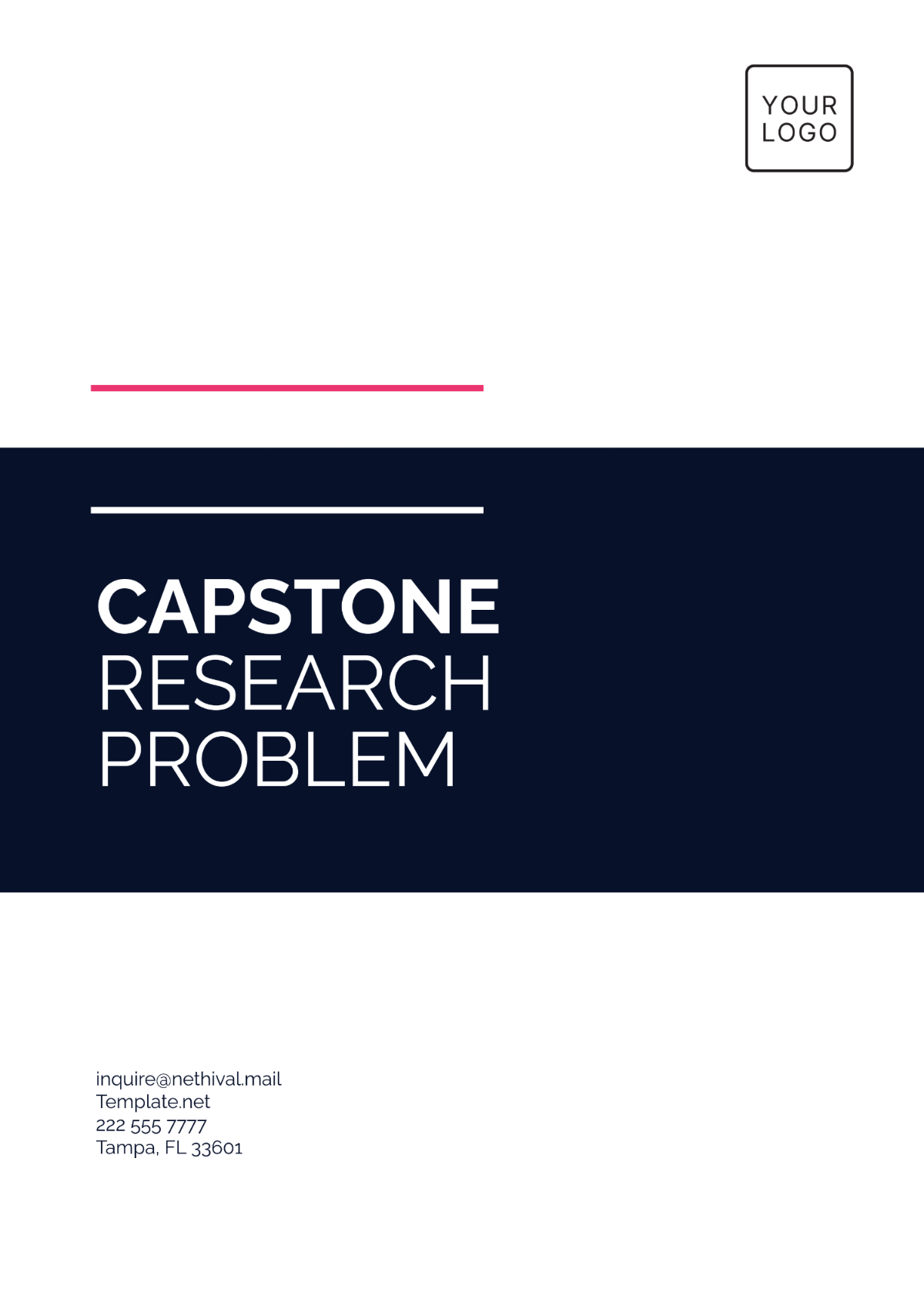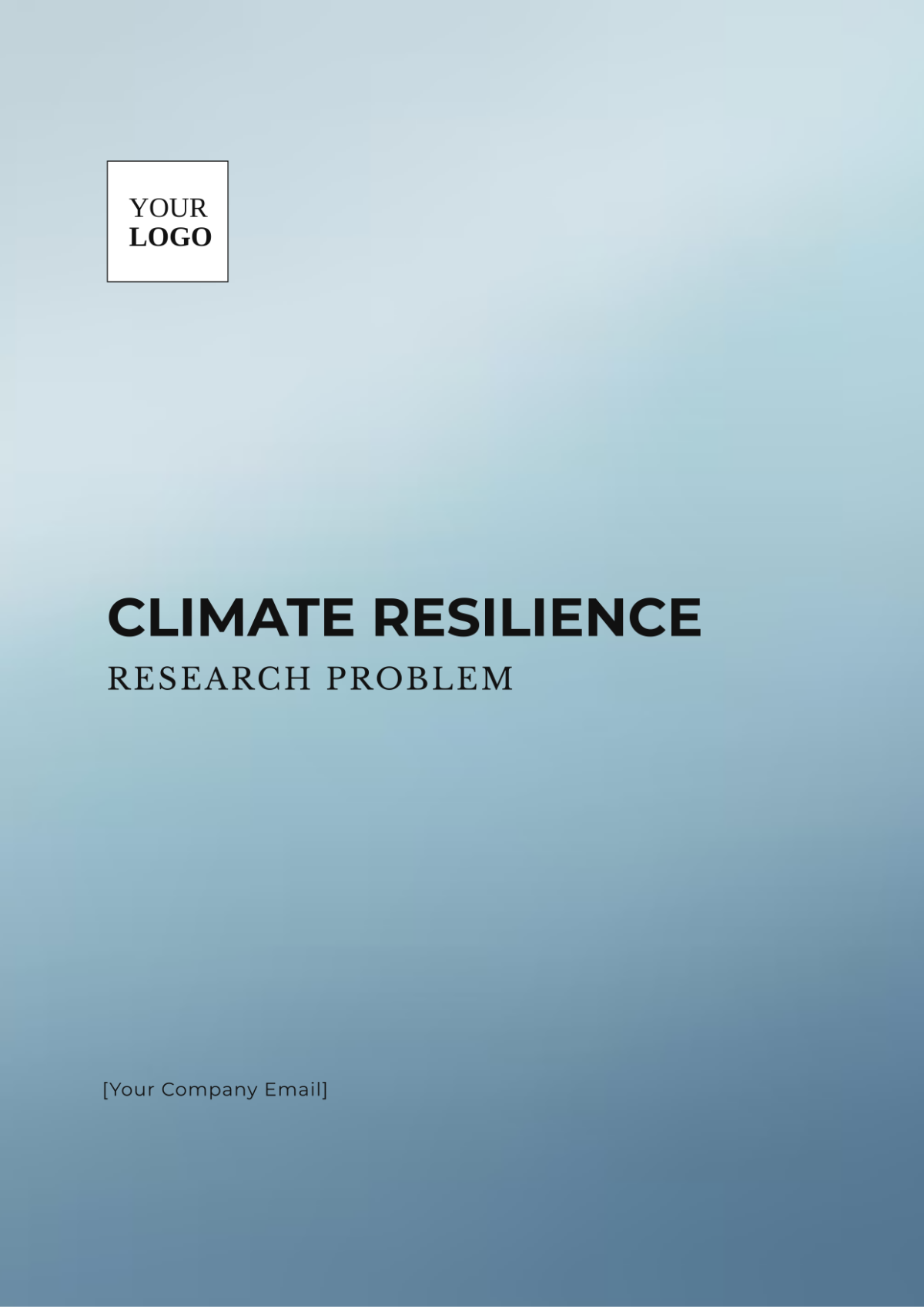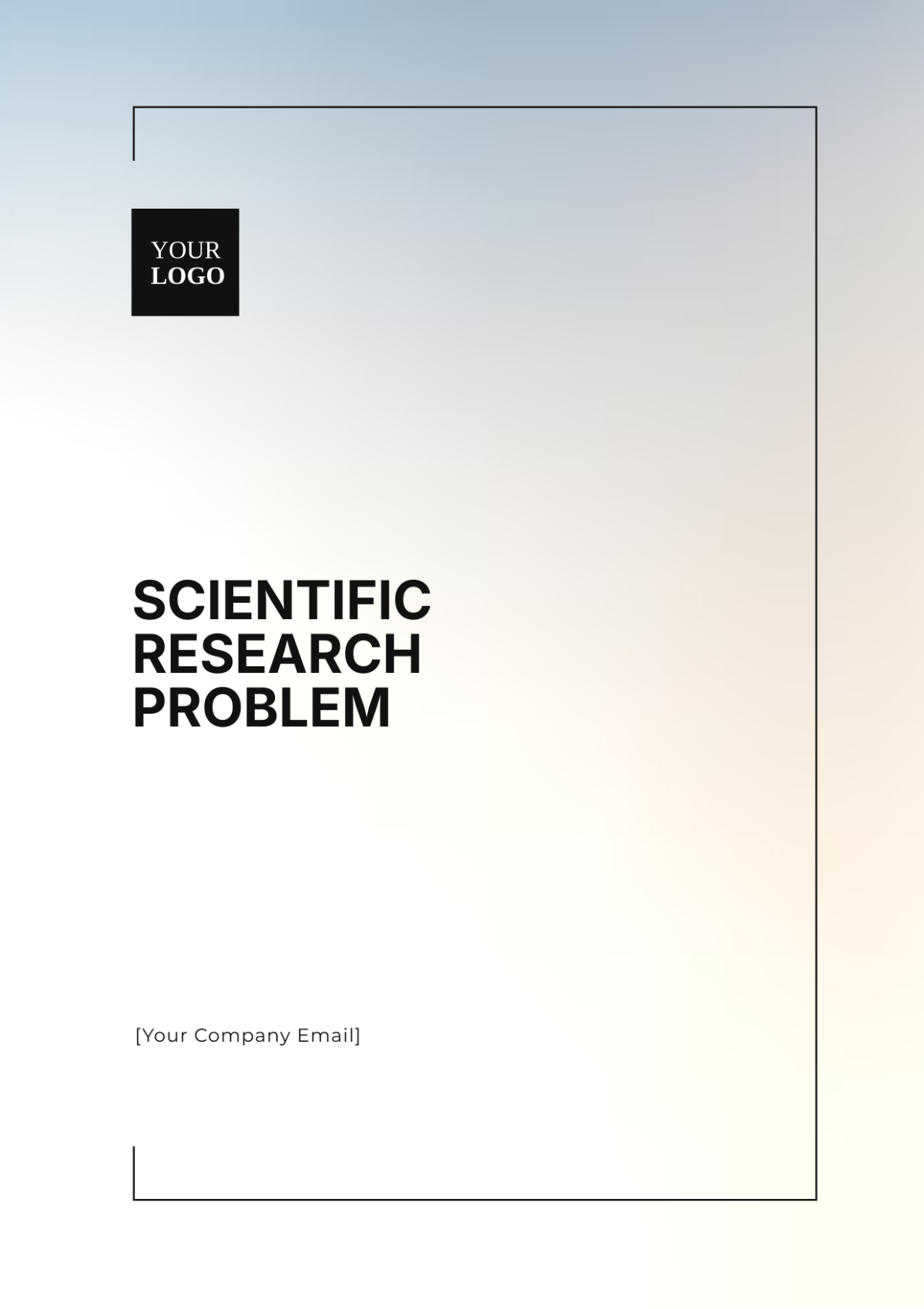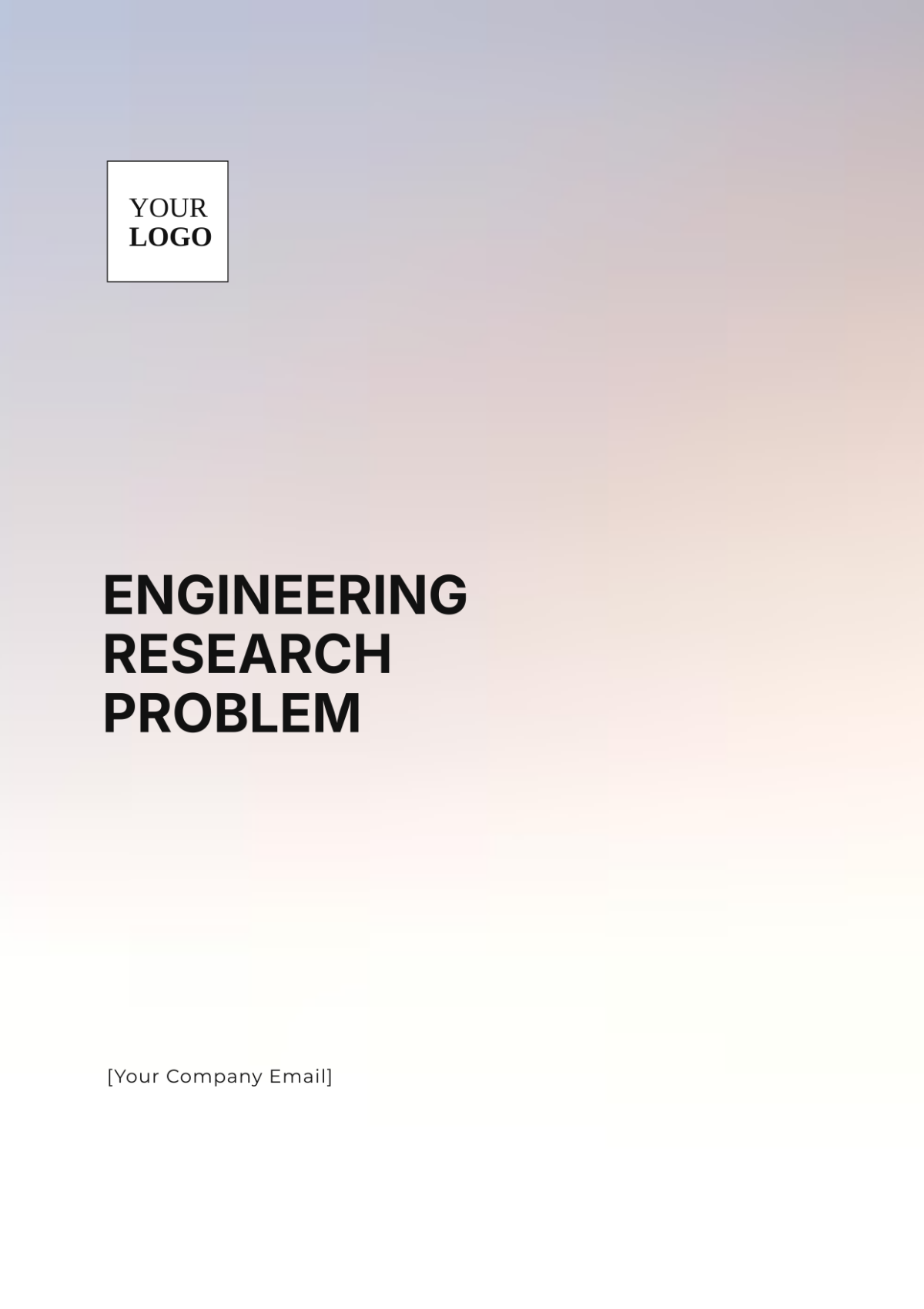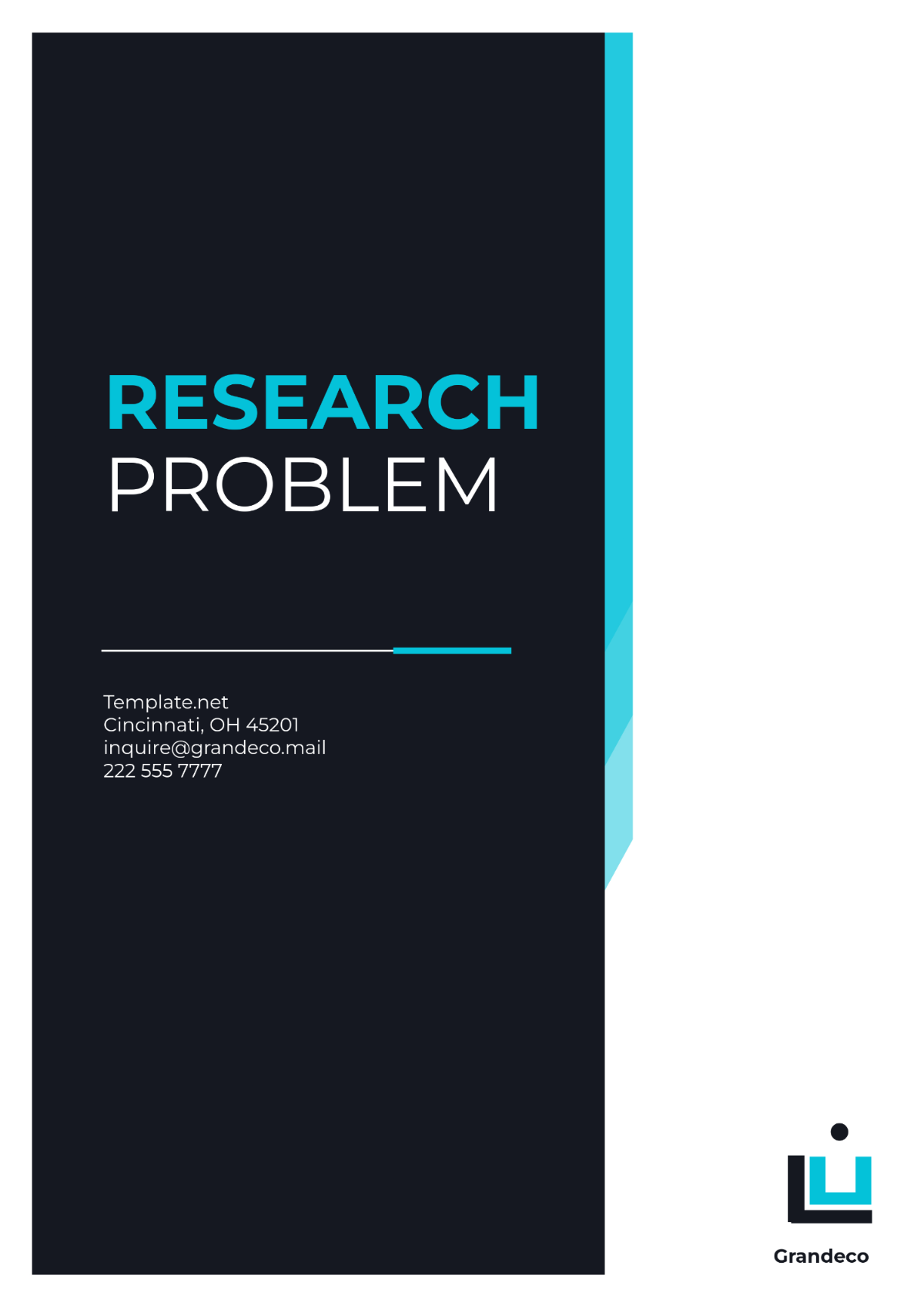Literature Review Exploratory Research
Exploratory research plays a pivotal role in both academic and industrial investigations. This type of research is essential for clarifying ambiguous problems, investigating phenomena, and gaining a deeper understanding of less-researched topics. This literature review aims to provide a comprehensive overview of exploratory research, including its methodologies, applications, and significance across various fields.
I. Introduction to Exploratory Research
Exploratory research is distinct from other research methodologies such as descriptive, causal, or experimental research. It is often the initial phase in the research process, utilized when the problem is not clearly defined. Unlike confirmatory or quantitative research, exploratory research does not seek to provide conclusive evidence but aims to explore research questions and gather preliminary insights.
II. Methodologies in Exploratory Research
Several methodologies are employed in exploratory research, each suited to different types of inquiries and data-gathering processes. These methodologies include, but are not limited to:
A. Qualitative Techniques
Interviews
Conducting in-depth conversations with individuals to gain personal insights.Focus Groups
Facilitating group discussions to explore collective views and attitudes.Case Studies
Examining detailed examples of specific instances or phenomena.
B. Secondary Research
Literature Reviews
Analyzing existing research and publications to identify gaps and trends.Document Analysis
Reviewing relevant documents to extract useful information.
C. Observation Techniques
Participant Observation
Engaging in the environment being studied to gain a first-hand perspective.Non-participant Observation
Observing without interacting or influencing the environment.
III. Applications of Exploratory Research
Exploratory research finds applications across a diverse range of disciplines and industries. Some notable applications include:
A. Marketing
Understanding Consumer Behavior
Gaining insights into consumer preferences and purchasing patterns.Identifying New Market Opportunities
Uncovering potential areas for business expansion.
B. Healthcare
Studying Patient Experiences
Exploring patient feedback to improve healthcare delivery.Exploring New Treatment Methodologies
Investigating innovative approaches to medical care.
C. Social Sciences
Investigating Social Phenomena and Dynamics
Analyzing social trends and behavioral patterns.Exploring Cultural Practices
Understanding diverse cultural norms and practices.
IV. Significance of Exploratory Research
Exploratory research is crucial for several reasons:
Flexibility
It allows researchers to adapt as new information emerges during the study.Innovation
By exploring new areas, researchers can generate innovative ideas and hypotheses for further investigation.Foundation for Future Research
It provides a basis for more structured, confirmatory research that can validate the insights gained.
V. Challenges in Conducting Exploratory Research
While exploratory research offers significant benefits, it also presents certain challenges, including:
Lack of Clear Guidelines
Due to its open-ended nature, it often lacks structured guidelines.Resource Intensive
It can be time-consuming and resource-intensive as the research direction may evolve.Subjectivity
Heavily reliant on the researcher's interpretation, which could introduce bias.
VI. Case Studies and Examples
Several notable case studies highlight the importance and application of exploratory research.
Case Study | Field | Outcome |
|---|---|---|
Understanding Consumer Behavior (Smith, 2050) | Marketing | Identified new consumer trends and preferences |
Exploring Patient Feedback (Jones, 2051) | Healthcare | Improved patient care strategies |
Investigating Social Media Impact (Brown, 2052) | Social Sciences | New insights into social media usage patterns |
VII. Conclusion
Exploratory research serves as a foundational pillar in the research hierarchy, providing initial insights and understanding necessary for more in-depth investigations. Its methodologies, while flexible and diverse, require careful implementation to minimize bias and optimize resource use. The broad applicability and significant contributions across various fields underscore its importance in modern research frameworks.
VIII. References
Smith, J. (2050). Understanding Consumer Behavior. Journal of Marketing Research, 45(3), 214–228.
Jones, L. (2051). Exploring Patient Feedback. Healthcare Innovations, 12(2), 98–110.
Brown, M. (2052). Investigating Social Media Impact. Social Science Quarterly, 34(4), 329–345.


















